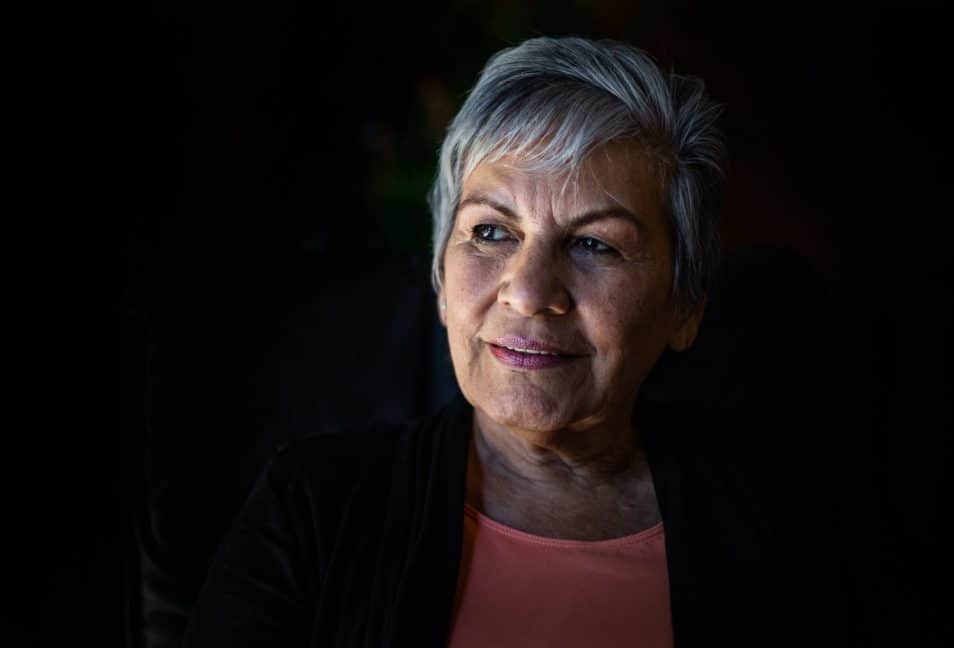COVID-19 Protection, Planning & Care for Older Adults
posted on: Wednesday March 18, 2020
According to the Centers for Disease Control and Prevention, older adults may have a greater chance for serious illness from COVID-19—especially people with weak immune systems or underlying chronic medical conditions like heart, lung, diabetes or kidney
disease.
- COVID-19 Symptoms include: fever, coughing, and shortness of breath. If you develop symptoms,
stay home and call your health care provider. You may be able to recover at home. - You need emergency help if symptoms become more severe, there is chronic chest pain,
breathing is difficult or your lips turn bluish.
Protection:
Wash your hands often with soap and water for at least 20 seconds. Wash after blowing your nose, coughing or sneezing, Wash after spending time in a public place. Wash before and after touching people you’re caring for. If soap and water aren’t available, use a hand sanitizer that contains at least 60% alcohol. Cover your coughs and sneezes. Use a tissue or your sleeve when coughing.
Practice Social Distancing:
- Avoid crowds and large gatherings, especially in venues with
poor ventilation. - Don’t shake hands with people.
- Keep at least 6 feet between you and other people.
- Stay away from people who may be sick.
- Try shopping during off-hours—later on weeknights or earlier onweekends—when crowds at stores are lower.
- Avoid touching “high-touch” surfaces: elevator buttons, door
handles, handrails, etc. - Find out if family or friends have been sick in the past two weeks BEFORE they visit. If they have been sick, reschedule at least two weeks out.
HYGIENE IS IMPORTANT. FOLLOW PROTECTION GUIDANCE ABOVE.
Planning:
If you depend on regular medical treatment like dialysis, wound care, etc., talk to your health care provider about special arrangements.
Create a contact list of family, friends, neighbors, health care providers, community assistance programs and drivers. Make sure phone numbers are up-to-date.
Stay in touch with the people on your list and letthem know you may need them for help if you become sick.
Have a two–three week supply of the following:
- Non-perishable food
- Medical and health care supplies
- Prescriptions: make sure they are up-to-date
Care
Caregivers, help prevent the spread of COVID-19.
If the person you’re caring for lives in a facility:
- Know the facility’s outbreak protocol.
- Ask daily about the health of the other residents.
- Monitor visitors. Ask if they’ve been ill over the past two weeks or if they currently have a fever. A “yes” answer means the visit needs to be postponed for at least two weeks.
- If you’re caring for someone at home, you’ll need to prepare a separate bedroom and bathroom for them. Learn more about this type of at-home care:
- CDC Prevent Spread of COVID-19 Guide
The Florida Department of Elder Affairs is holding multiple weekly calls with the Area Agencies on Aging and the Aging Network lead and local service providers. The Comprehensive Assessment and Review for Long-Term Care Services is providing evaluations, 24-hour notices of appointments and remote medical files for individuals in homes, nursing facilities and assisted-living facilities.
